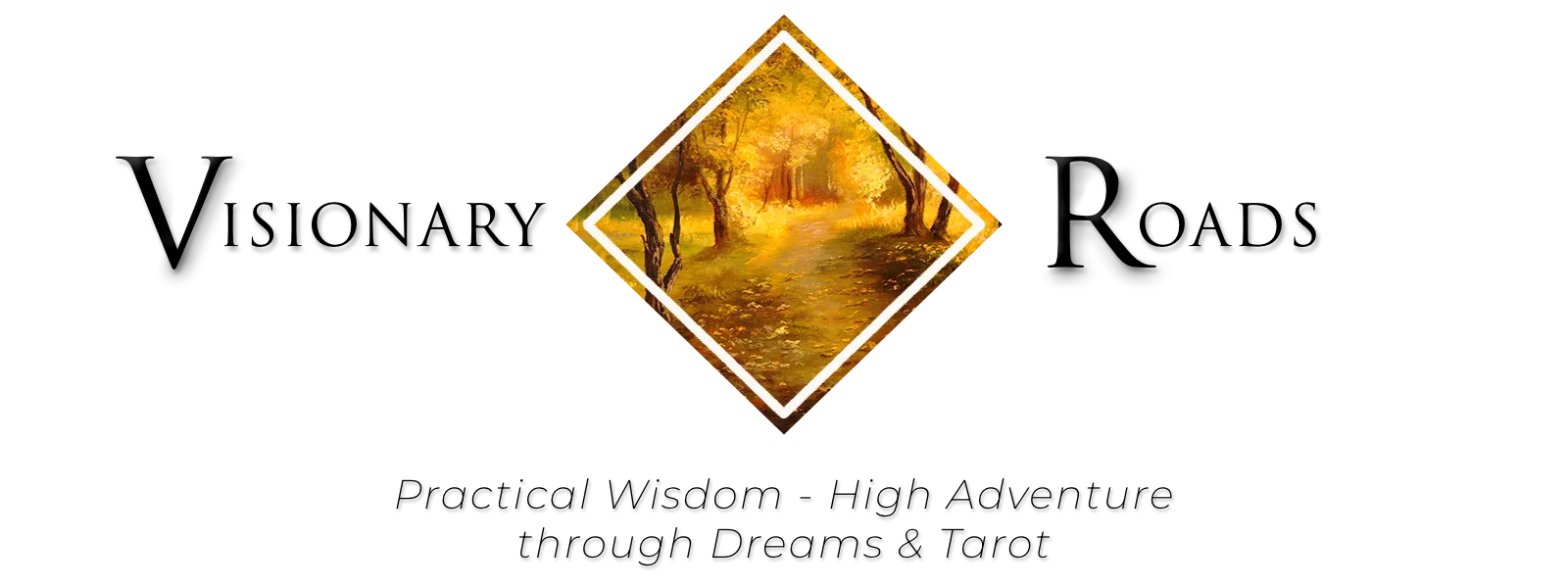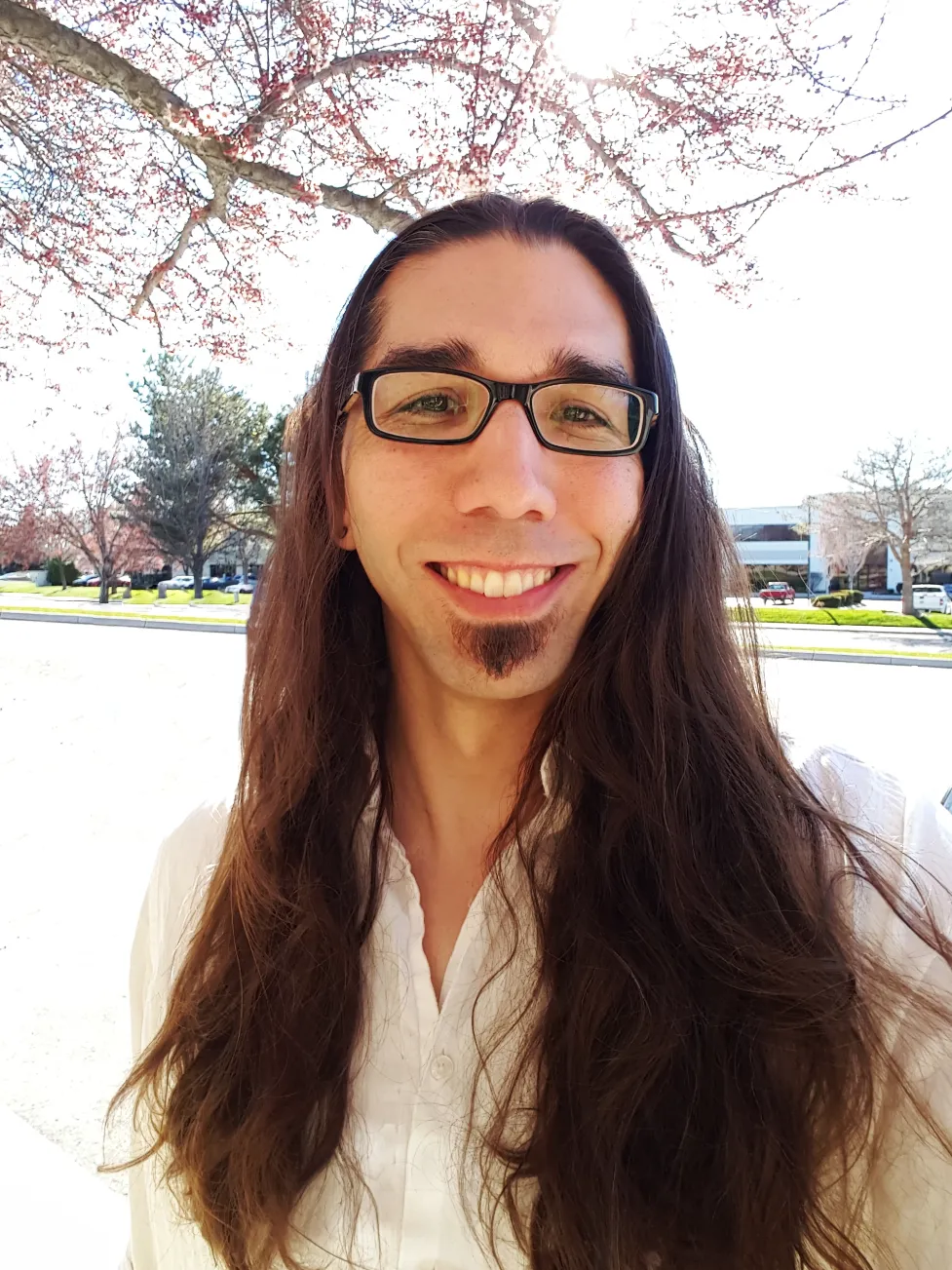Dream Dictionaries

Dream dictionaries are a mixed bag when used for dream interpretation. On the one hand, getting an outside perspective when we have questions about a dream can be a helpful thing; insofar as dream dictionaries provide additional ideas, they can be useful. On the other hand, those ideas are the work of a person or group embedded in a certain place and time, and have innate filters and biases that may not line up with our personal experience or sense of the world.
At best, some dream dictionaries are reflections of the shared cultural images from a particular set of people in a certain place and time. More often, though, they are the work of a single person who may have vastly different inner and outer lives than our own. Even dictionaries that are the result of decades of cross-checking dream images and symbols from a good-sized sample of people are innately limited to the context of those people. If we happen to be of the same cultural or subcultural group, we might get lucky and find some resonance with the symbols recorded. However, there is a good likelyhood that even those interpretations will miss meanings that are most important to us, our personal associations (consciously or otherwise) we’ve made through living our particular life.
While dreams and dreaming are universal human experiences, the contents of dreams are anything but. The meaning of a dream is intimately personal and draws upon our individual banks of experience. Though we may be embedded in a particular culture and shared symbols, our personal meaning for a dream is crafted by our personal experience. To that end, we are each the best experts on our own dreams as no one else has the full experience bank of our lives nor the ability to imbue personal meaning to an experience. Our “internal dream dictionary” is ultimately the one a dream is crafted from and—in the end—the only one that matters. That personal dream dictionary may have many shared cultural images—even ones that may be unconscious, or contain deep memories of other times and places—yet our dreams are our own. Even if we have exactly the same dream as someone else (and shared dreaming is a phenomenon), the meaning of that dream to our individual life is crafted for and by each person.
That doesn’t mean, however, that dreaming can’t also be a community affair, and that consulting others for ideas isn’t valuable. Quite the contrary—sometimes getting an outside perspective or hearing an association from another can bring a great deal of insight. Working through a dream with another can help one turn to the appropriate page of one’s internal dream dictionary, so to speak. During that process, though, we must keep our own power to be the final authority on the meaning of our dream.
Enter the Lightning Dreamwork process. This simple four-step method is a quick, fun, and powerful way to explore the personal meaning of a dream with another or a group. It is structured in such a way that the dreamer is empowered to take any insights they find meaningful and valuable and leave the rest. Beyond that, it focuses the message of a dream into taking action in our waking lives. It is the creation of Robert Moss and a core technique of his Active Dreaming—a synthesis of modern dreamwork and shamanistic techniques.
The Lightning Dreamwork process can be seen as the crafting of a unique and personalized dream dictionary in the moment for a particular dream in tandem with another or a group. Any meaning or interpretation that arises is based on the dream itself, is deeply personal, and presented in a non-authoritative way, something no dream dictionary can do. It captures the best of several methods of dream sharing and interpretation while also being self-empowering. It really is the best of all worlds in terms of exploring and taking action on a dream.
Join me for a two-hour workshop where you will learn, practice, and lead the Lightning Dreamwork process with another. Following the workshop, you will have the tools to strike up a conversation about a dream with nearly anyone, anywhere—friends, family, or that interesting new person you run into at an opportune moment wanting to talk about a dream they had last night.

